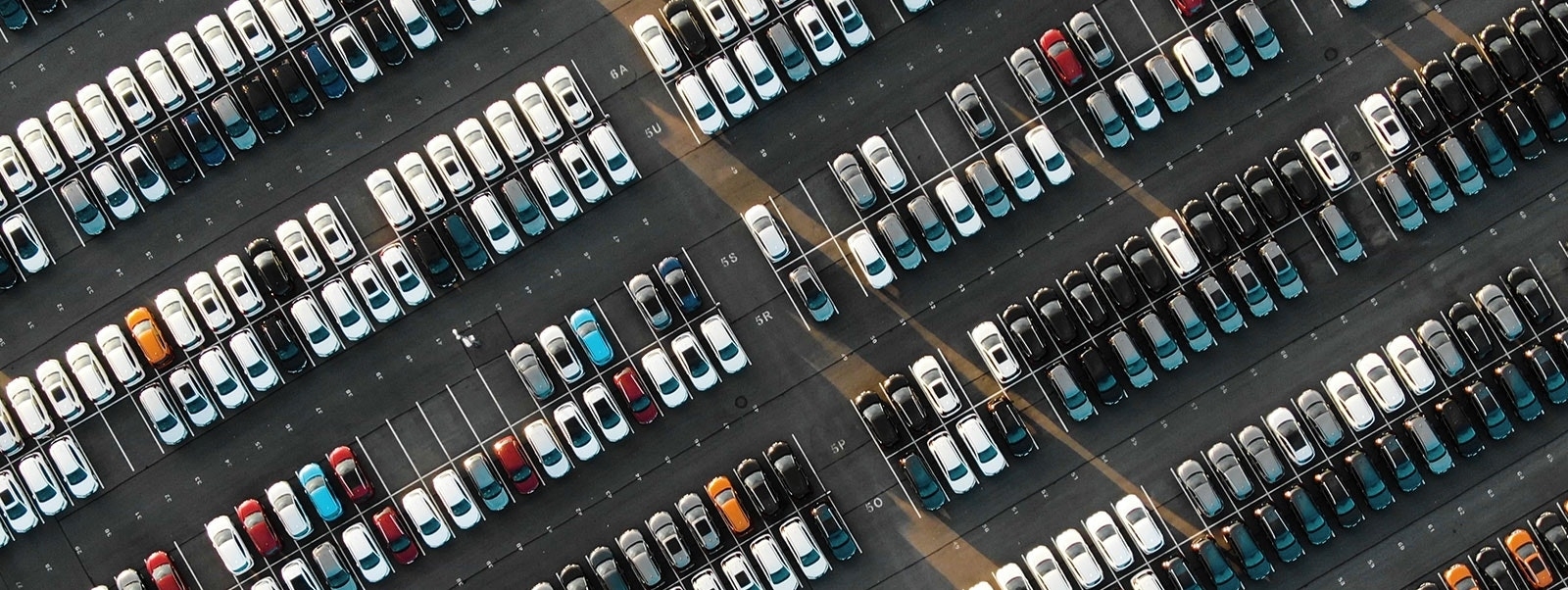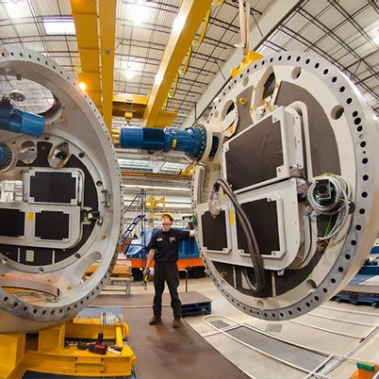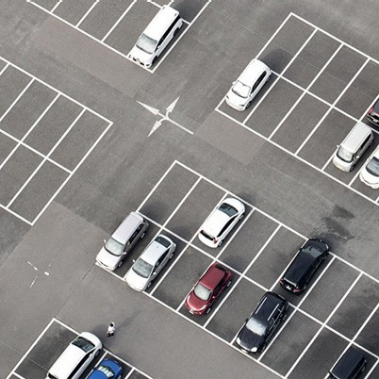By Heiko Rauscher
This article first appeared in Forbes on February 19, 2020.
Editor's note: Oliver Wyman is monitoring the COVID events in real time and we have compiled resources to help our clients and the industries they serve. Please continue to monitor the Oliver Wyman Coronavirus hub for updates.
Even before the coronavirus shut down countless factories and forced millions to shelter in their homes to avoid infection, consumer demand for new passenger cars in China had been on the wane. After years of non-stop growth, car sales were down in 2018 — the first dip in the world’s largest market for passenger cars since the 1990s — and then down again in 2019. With the outbreak and near-suspension of commerce in China for most of the first quarter, 2020 passenger car sales — which were already expected to be sluggish — are likely to end up significantly lower than 2019 sales of 21.4 million. Currently, more than 10 percent of the 1.4 billion Chinese population — the equivalent of 45 percent of the population of the United States — is reportedly under lockdown, facing restrictions on how often they can leave their homes; half of the population is under travel restrictions.
But China’s decline in cars sales goes much deeper than the coronavirus or even the slowing economy and trade tensions with the United States. China is likely to see below-expectation sales of new passenger vehicles for several more years at least — a consequence of several structural changes in the market. The once-accepted vision for 2025 of hitting 28 million cars sold annually may have to wait until the end of the decade to be realized. New passenger vehicle sales in 2025 could come in as low as 20 million, under our simulation model’s most pessimistic scenario, or as high as 24 million.
China’s decline in cars sales goes much deeper than the coronavirus.
The weakness in sales has come as a shock to the global market, which until recently expected to see nothing but rapid growth in China’s car-buying future. Even now, just looking at the numbers, there would seem to be plenty of room to expand passenger car sales long-term: Where 811 out of 1,000 people own cars in the United States, only 192 out of 1,000 own an automobile in China. Many of those living outside the major metropolitan areas don’t own one, and the expectation has always been that eventually — as the nation’s standard of living continues to rise — more would buy. But there are elements beyond income at play.
The full article continues in Forbes.
Editor's note: Oliver Wyman is monitoring the COVID events in real time and we have compiled resources to help our clients and the industries they serve. Please continue to monitor the Oliver Wyman Coronavirus hub for updates.


